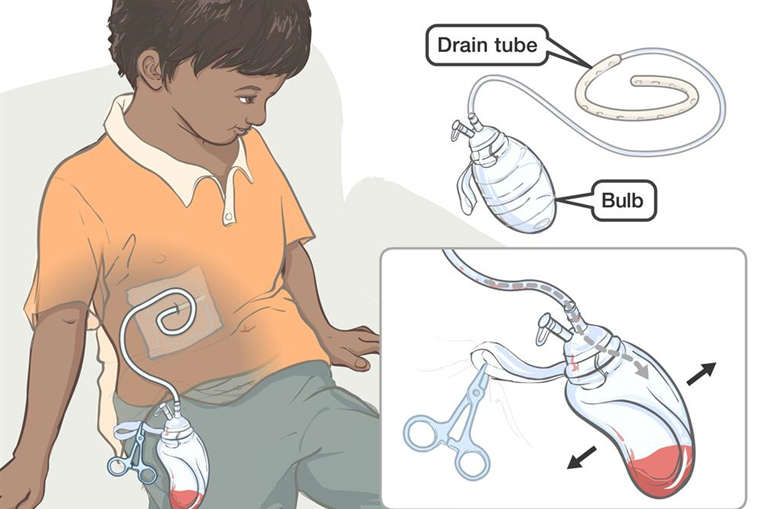A nurse is caring for a client who has diabetes mellitus. Which of the following laboratory findings indicates the client has maintained control of his blood glucose levels for the past 3 months?
HbA1c 6.5%
HbA1c 12.5%
Fasting blood glucose 100 mg/dL
Fasting blood glucose 70 mg/dL
The Correct Answer is A
Choice A reason: HbA1c or glycated hemoglobin is a measure of average blood glucose levels over the past 2 to 3 months. A lower HbA1c indicates better glycemic control and a lower risk of diabetes complications. The target HbA1c for most people with diabetes mellitus is less than 7%.
Choice B reason: HbA1c 12.5% is very high and indicates poor glycemic control and a high risk of diabetes complications, such as retinopathy, nephropathy, or neuropathy.
Choice C reason: Fasting blood glucose 100 mg/dL is within the normal range of 70 to 99 mg/dL and indicates normal glucose metabolism, but it does not reflect the long-term control of blood glucose levels over the past 3 months.
Choice D reason: Fasting blood glucose 70 mg/dL is at the lower end of the normal range and may indicate hypoglycemia or low blood glucose levels, which can cause symptoms such as sweating, trembling, hunger, or confusion.
Nursing Test Bank
Naxlex Comprehensive Predictor Exams
Related Questions
Correct Answer is B
Explanation
Choice A reason: Applying restraints to the client is not an appropriate action, as it can cause injury or suffocation to the client during a seizure. The nurse should protect the client from harm by removing any nearby objects and padding the side rails.
Choice B reason: Administering an IV bolus of lorazepam is an appropriate action, as lorazepam is an anticonvulsant drug that can stop or shorten the duration of a seizure by enhancing the inhibitory effects of gamma-aminobutyric acid (GABA) in the brain.
Choice C reason: Placing the client in the prone position is not an appropriate action, as it can obstruct the airway and cause respiratory distress or aspiration during a seizure. The nurse should place the client in the side-lying position to facilitate drainage of oral secretions and prevent tongue biting.
Choice D reason: Inserting a tongue blade into the client's mouth is not an appropriate action, as it can cause oral trauma or choking during a seizure. The nurse should never force anything into the client's mouth during a seizure and should allow them to breathe spontaneously.
Correct Answer is D
Explanation
Choice A reason: Maintaining the client on bed rest is not an appropriate action, as it can increase the risk of thromboembolism, infection, or atelectasis after surgery. The nurse should encourage early ambulation and exercise as tolerated by the client.
Choice B reason: Decreasing the client's fluid intake is not an appropriate action, as it can cause dehydration, constipation, or impaired wound healing after surgery. The nurse should encourage adequate hydration and nutrition to promote recovery and drainage.
Choice C reason: Applying cold compresses to the site is not an appropriate action, as it can cause vasoconstriction, inflammation, or pain at the site. The nurse should apply warm compresses to the site to facilitate drainage and reduce swelling.
Choice D reason: Placing the right leg in a dependent position is an appropriate action, as it can promote gravity-assisted drainage from the site and prevent fluid accumulation or infection. The nurse should place the drain below the level of the wound and secure it to prevent dislodgment or tension.

Whether you are a student looking to ace your exams or a practicing nurse seeking to enhance your expertise , our nursing education contents will empower you with the confidence and competence to make a difference in the lives of patients and become a respected leader in the healthcare field.
Visit Naxlex, invest in your future and unlock endless possibilities with our unparalleled nursing education contents today
Report Wrong Answer on the Current Question
Do you disagree with the answer? If yes, what is your expected answer? Explain.
Kindly be descriptive with the issue you are facing.
